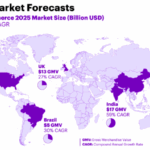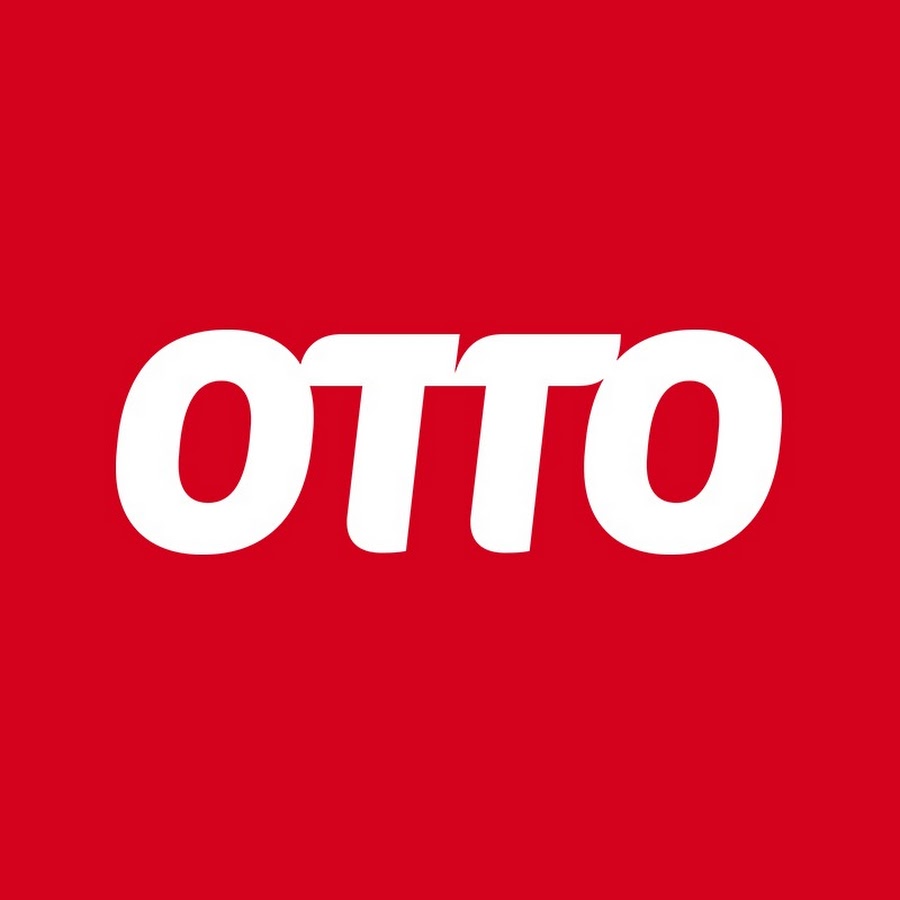German e-commerce giant Otto has reported a significant rebound in its latest fiscal year, driven by a 24% jump in marketplace sales. The company’s performance outpaced the broader German e-commerce sector, which saw modest growth in 2024. CEO Marc Opelt said the results signal a turning point after two years of challenges linked to economic uncertainty and shifting consumer habits.
Otto’s gross merchandise value (GMV), a measure of total sales across its platform, rose by 9% year-over-year, while overall revenue grew by 5%. These figures stand in contrast to Germany’s e-commerce sector, which grew by just 3.5% in 2024, according to retail association Handelsverband Deutschland (HDE). Another industry group, Bundesverband E-Commerce und Versandhandel Deutschland (bevh), reported even slower growth of 1.1% for the same period.
The company attributed much of its success to its marketplace model, which allows third-party sellers to offer products alongside Otto’s own inventory. This approach has expanded product variety and attracted more customers, particularly in categories like home goods, electronics, and fashion. Opelt emphasized that the marketplace’s 24% sales growth was a “critical driver” of the company’s recovery. “The last two years required tough adjustments, but we’re now seeing the benefits of our strategy,” he said.
While Otto did not disclose specific profit figures, the company stated it achieved “profitable growth” in the past fiscal year, marking progress toward long-term financial stability. This focus on profitability follows cost-cutting measures in 2022 and 2023, including workforce reductions and warehouse optimizations.
Analysts suggest Otto’s marketplace expansion has helped it compete more effectively against rivals like Amazon and Zalando. By hosting external sellers, Otto has diversified its offerings without significantly increasing inventory costs. The strategy also aligns with consumer demand for one-stop shopping experiences. “Marketplaces are becoming central to e-commerce success,” said retail analyst Clara Bergmann. “Otto’s ability to scale this model while controlling costs is a positive sign.”
Despite the improved results, challenges remain. The German e-commerce market continues to face sluggish demand, with inflation and high interest rates weighing on consumer spending. Otto acknowledged these headwinds but said its marketplace model and investments in logistics—such as faster delivery options—have helped it adapt.
Looking ahead, Otto plans to expand its marketplace further by onboarding more sellers and enhancing seller support tools. It also aims to grow its sustainability initiatives, including reducing packaging waste and increasing the share of electric delivery vehicles.
The company’s recovery stands out in a sector still struggling to regain pre-pandemic momentum. For now, Otto’s focus on marketplace growth appears to be paying off. As Opelt noted, “We’re not just keeping up—we’re setting the pace.”










